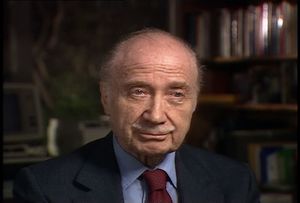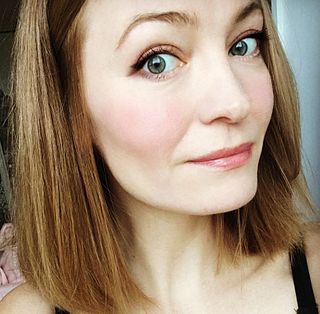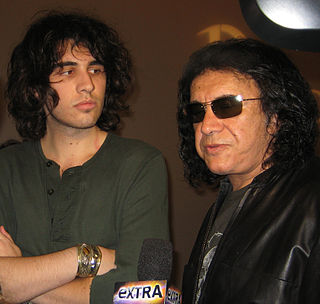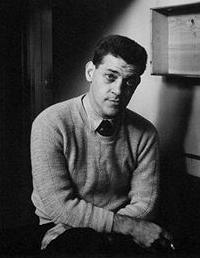A Quote by Daniel Handler
If you wish to avoid an unpleasant story you had best put this book down
Related Quotes
When I was writing Dune there was no room in my mind for concerns about the book's success or failure. I was concerned only with the writing. Six years of research had preceded the day I sat down to put the story together, and the interweaving of the many plot layers I had planned required a degree of concentration I had never before experienced.
I was perpetually grief-stricken when I finished a book, and would slide down from my sitting position on the bed, put my cheek on the pillow and sigh for a long time. It seemed there would never be another book. It was all over, the book was dead. It lay in its bent cover by my hand. What was the use? Why bother dragging the weight of my small body down to dinner? Why move? Why breathe? The book had left me, and there was no reason to go on.
We must contemplate some extremely unpleasant possibilities, just because we want to avoid them and achieve something better. Nobody, however, likes to think about anything unpleasant, even to avoid it. And so the crucial problem of thermonuclear war is frequently dispatched with the label 'War is unthinkable' -- which, translated freely, means we don't want to think about it.
I wish this story were different. I wish it were more civilized. I wish it showed me in a better light, if not happier, than at least more active, less hesitant, less distracted by trivia. I wish it had more shape. I wish t were about love, or about sudden realizations important to one’s life, or even about sunsets, birds, rainstorms, or snow. I’m sorry there is so much pain in this story. I’m sorry it’s in fragments, like a body caught in crossfire or pulled apart by force. But there is nothing I can do to change it.
I'm not sure that all books aren't that way. I think that might apply to any book I was writing. The book was kind of the product of this enormous infatuation I had, not only with the office and office politics, but with perspective, and trying to tell a story from as wide a range of perspectives as you possibly can. I tried to capture it all with the first-person plural, but once I settled on that, I used it to tell the story from as many angles as I could. I guess, to put it romantically, it was about a love affair with the craft of perspective.
The Universe story is the quintessence of reality. We perceive the story. We put it in our language, the birds put it in theirs, and the trees put it in theirs. We can read the story of the Universe in the trees. Everything tells the story of the Universe. The winds tell the story, literally, not just imaginatively. The story has its imprint everywhere, and that is why it is so important to know the story. If you do not know the story, in a sense you do not know yourself; you do not know anything.



































